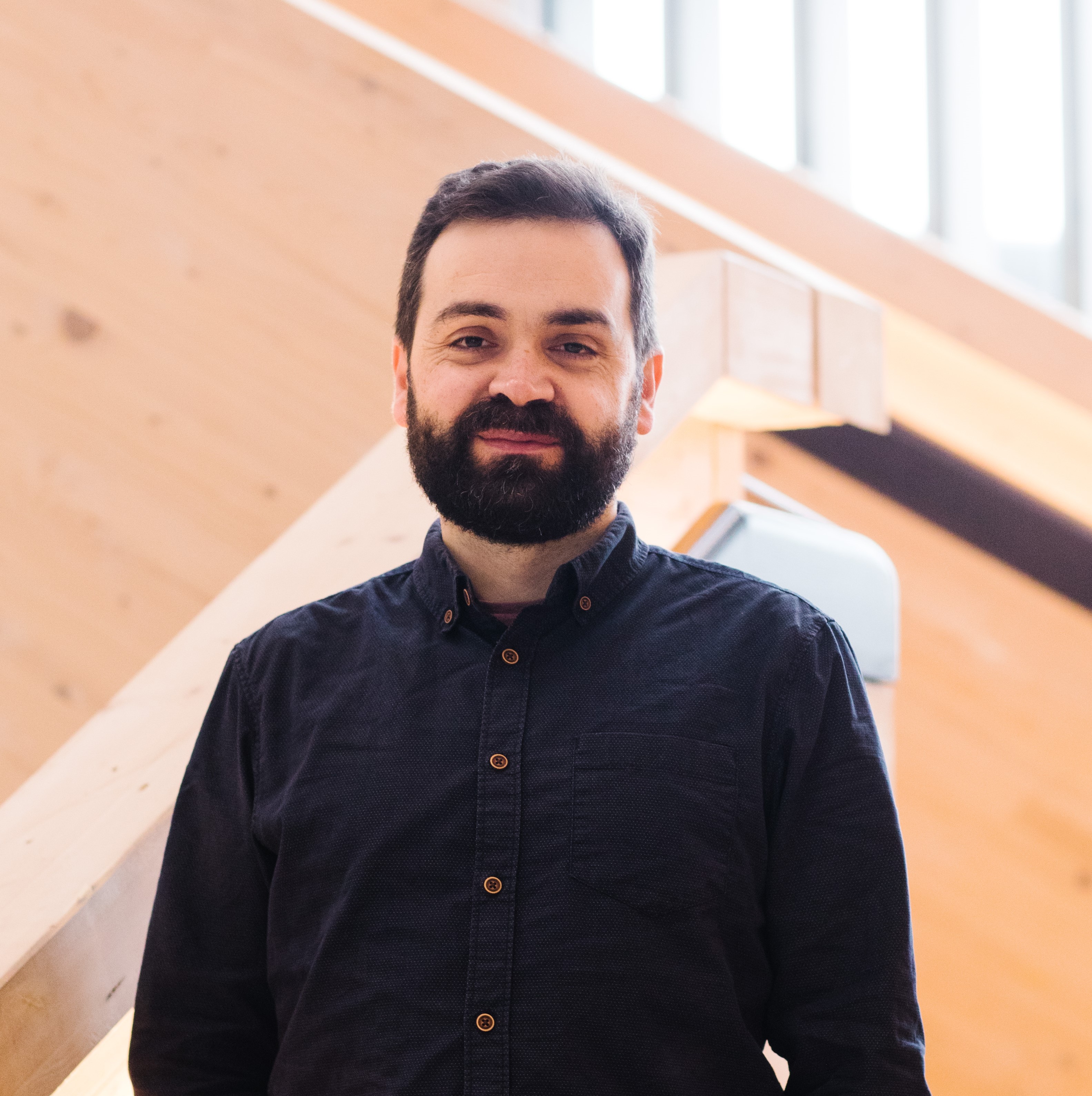Dr Bruno Martins

Assistant Professor
Email: Bruno.Martins@warwick.ac.uk
Phone: 024 765 22937
Office: B125A
Research Clusters
Quantitative, Systems & Engineering Biology (Cluster Co-Lead)
Vacancies and Opportunities
For PhD and postdoctoral opportunities, and interest in potential collaborations, please contact me at the above email address.
Research Interests
Many organisms, from simple bacteria to complex mammals, have an internal ‘circadian’ clock that helps regulate essential life processes on a 24-hour cycle. The circadian clock is a network of interacting genes and proteins, which in turn interact with other processes in cells to switch genes on or off. Our goal is to understand both how and why the clock
To test our hypothesis, we combine mathematical modelling – to quantitatively validate our understanding – with cutting-edge experimental techniques, including live imaging and synthetic biology. Our approach provides high-resolution data on the behaviour of individual cells (rather than whole populations averaged together). Differences between individual cells are often crucial to distinguish between hypotheses. It is also important that this data is dynamic, as otherwise causality is difficult to determine.
Understanding how the clock drives, and is in turn driven by, other cell processes is also the first step towards developing the capabilities to control it. Such control could be relevant for future research in other organisms as well as for applications in biomedicine and synthetic biology.
Research: Technical Summary
Our lab applies quantitative approaches to study the design principles of regulatory circuits and cellular physiology. Circadian clocks are special circuits that integrate intra
The circadian clock of the cyanobacterium Synechococcus elongatus is one of the simplest known clocks, consisting of just a few interacting and well characterised proteins. By studying this simple system, we can establish the principles of how clocks and other cellular processes interact in different physiological and environmental contexts. We can ask fundamental questions that are hard to answer in more complicated organisms, but still very relevant to these other systems. For example, how do the clock and the cell cycle interact with one another to coordinate growth, chromosomal replication and segregation, and cell division? How is the clock modulated by intracellular energy states, as well as extracellular environmental changes? Can we use synthetic biology to control the oscillatory dynamics of the clock and design new circuits?
We believe the best way to understand natural circuits and to build new ones is through an iteration of experiment and theory. Our approach is therefore highly interdisciplinary, combining single-cell microscopy, synthetic biology, microfluidics and mathematical models.
- Assistant Professor, University of Warwick, 2020-present
- Postdoc (Locke lab), University of Cambridge, 2013-2020
- PhD in Systems Biology, University of Edinburgh, 2013
- Licenciatura (BSc) in Engineering Physics, University of Lisbon
